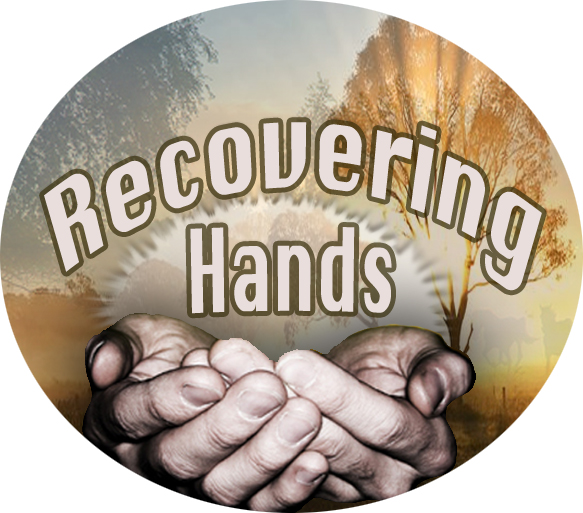Category: News
-
Building Fund Donation Drive
Building Fund Donation At Recovering Hands, we believe in the power of community to create lasting change and our community support has made it possible for us to make such an incredible difference in the many lives we’ve touched. Today, we’re asking for your support in reaching the next stage of our new building project.…
-
Opioid Epidemic
https://www.godanriver.com/news/danville/as-country-tries-to-address-opioid-epidemic-number-of-overdoses/article_4ea5091e-349d-11e9-802a-63d8b8c608f7.html As country tries to address opioid epidemic, number of overdoses in Dan River Region continues its ascent Halle Parker Feb 19, 2019 Updated 15 hrs ago Although steps have been taken to limit the availability of prescription opioids as the epidemic gained more attention, the number of overdose-related calls and emergency room trips has continued to…
-
March 22 Ground Breaking Ceremony
Please join us for our long awaited groundbreaking ceremony celebrating the building of Recovery Hall! Recovering Hands 90-day program has been providing help since 2014. One of the women we have been able to help writes: “Recovering Hands did more for me in those few short months than anyone could ever know. I owe Recovering Hands my…
-
Planners Recommend Facility Permit and Supervisors Vote in Favor
Gazette Virginian: by Miranda Baines, 5/23/24 A speaker in favor of a conditional use permit for the operation of a substance abuse treatment program for women in Nathalie, Regina Nelson, asked the question at Tuesday evening’s Halifax County Planning Commission meeting, “How many of you here tonight have been clean for at least a year?…
-
ESTABLISHING CONNECTIONS Nathalie non-profit embarks on expansion with fundraiser for Recovery Hall
In the Gazette Virginian September 2023
